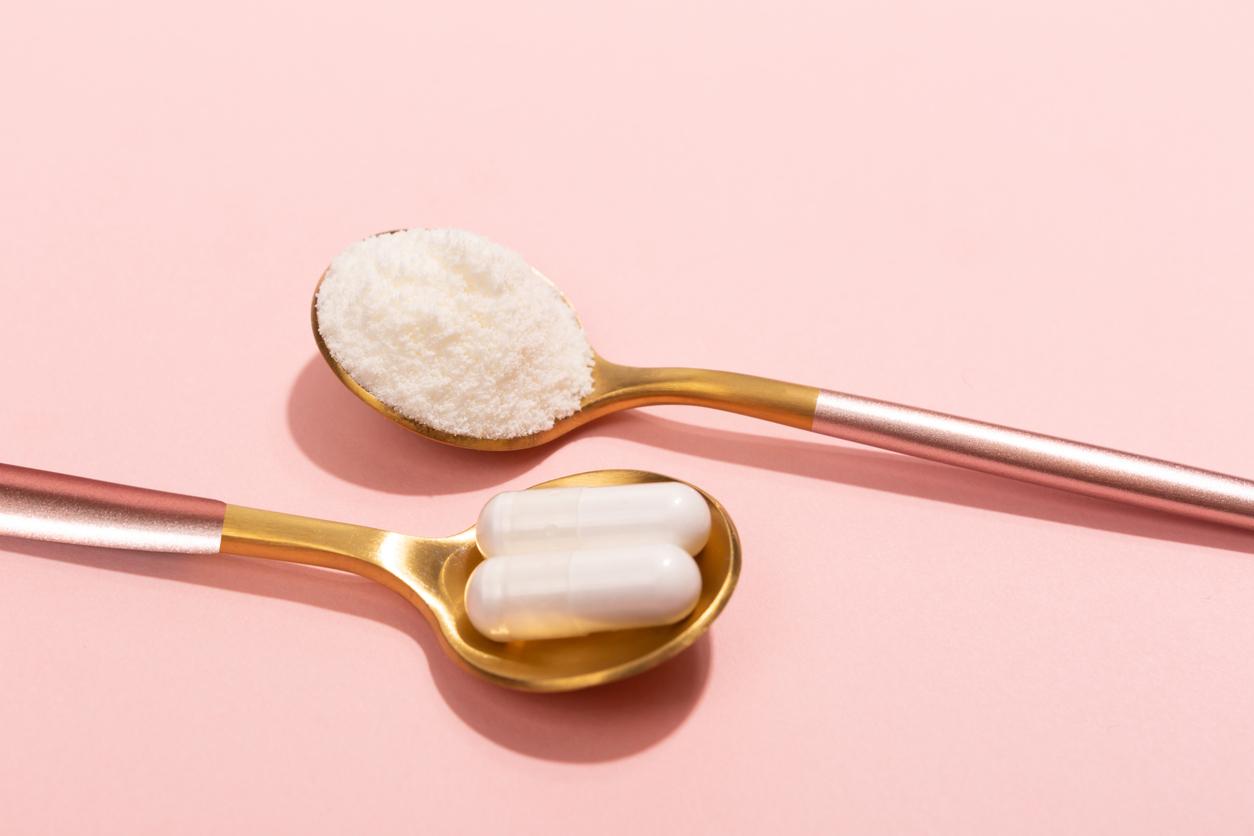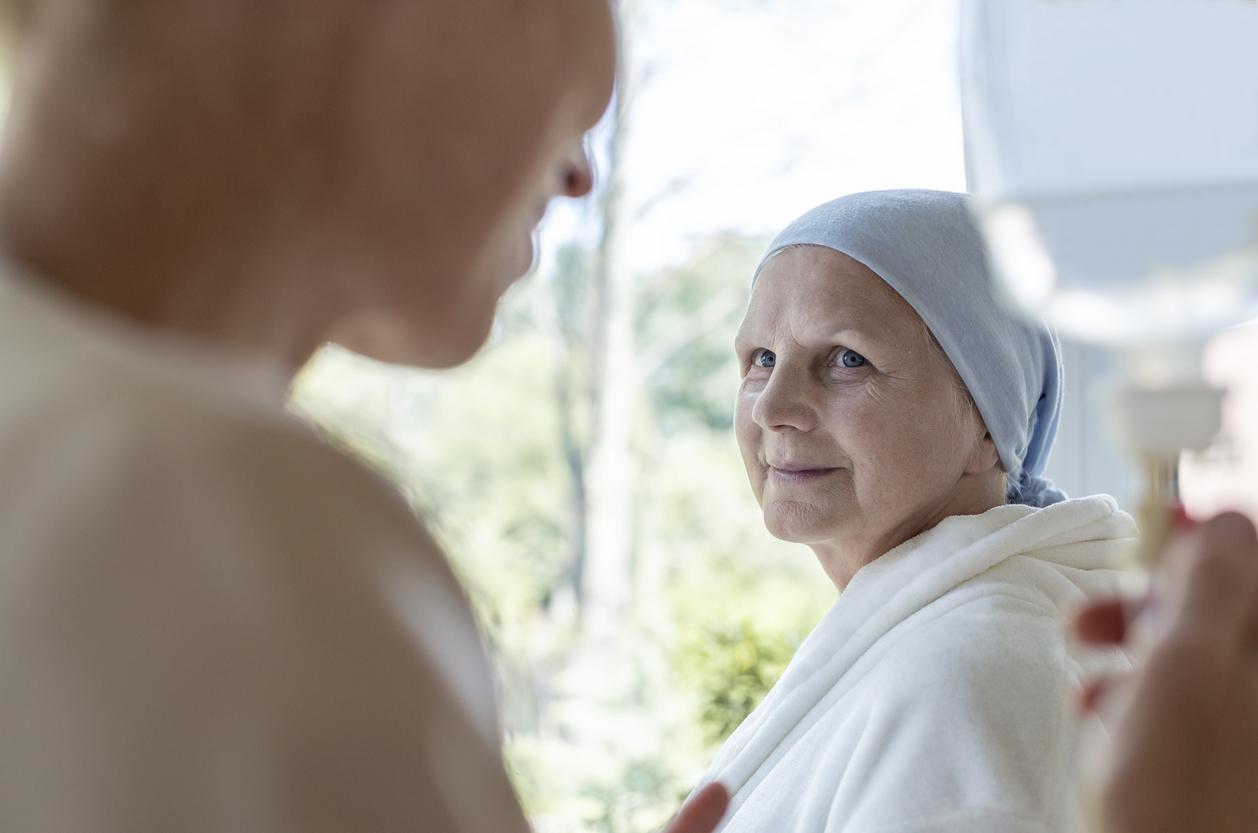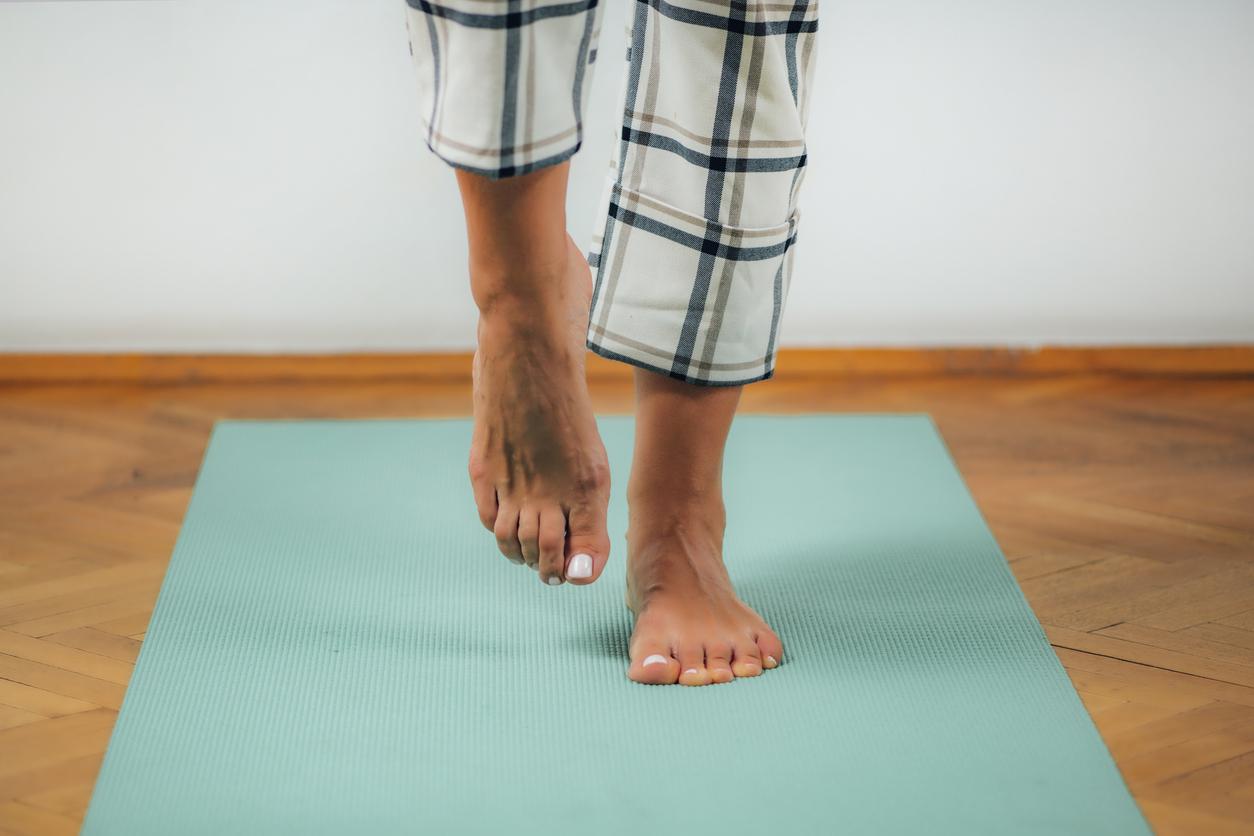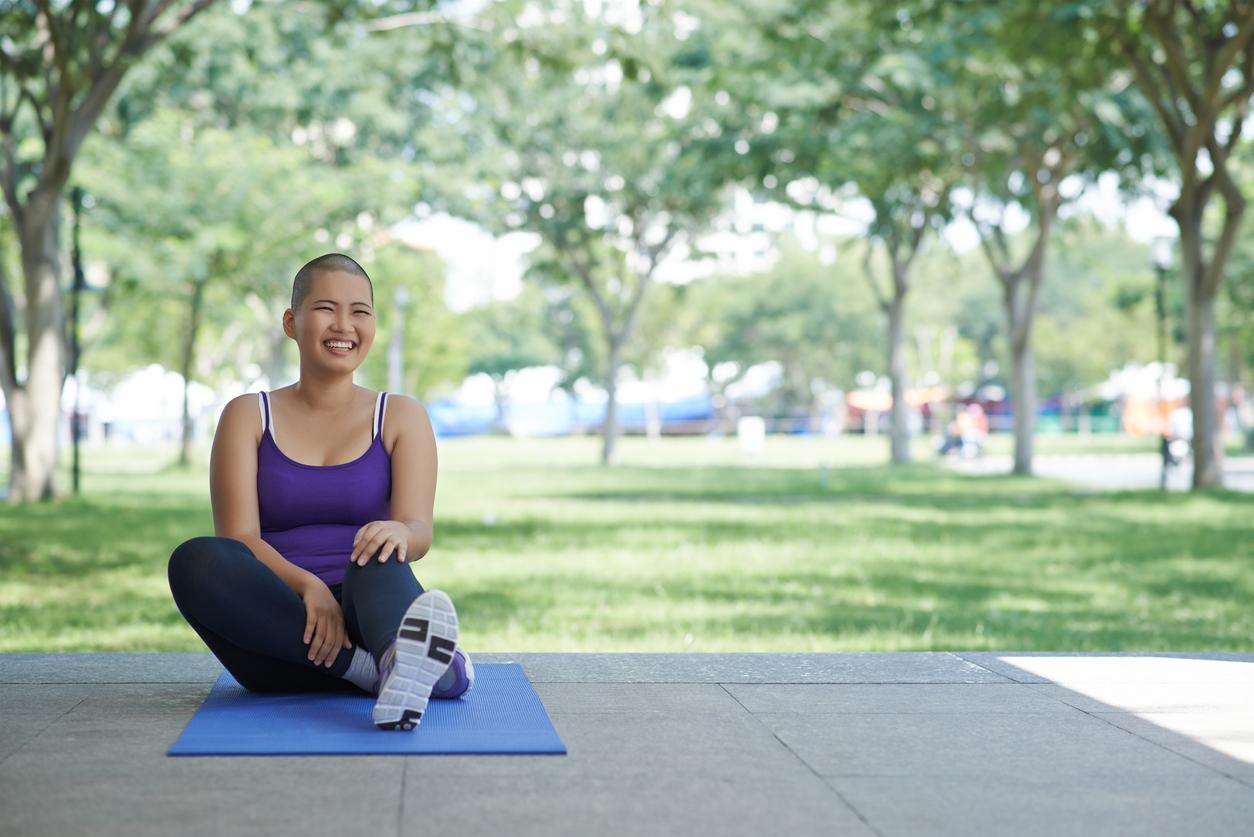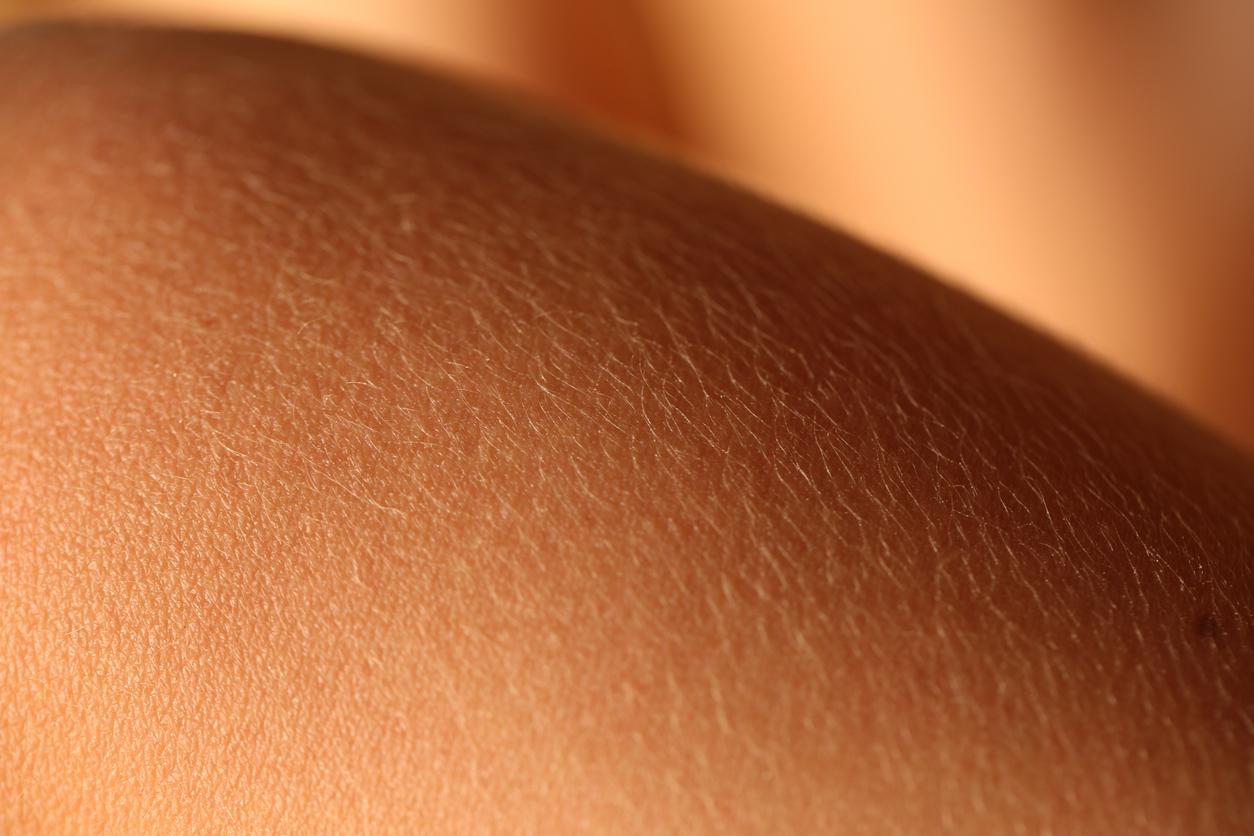
My 65-year-old wife is treated for metastases in breast cancer (mammary carcinoma metastases) with chemotherapy Xeloda (capecitabine) and heat treatment (local depth hyperthermia). One of the side effects is visible skin aging. She gets wrinkles and thinner skin. She uses a good anti-aging cream for this, but it doesn’t help enough. In the week ‘rest’ after every 2 weeks of treatment, the skin does recover a bit. Could it be that the connective tissue, the collagen layer of the skin is affected? Could you advise on this?
In the official package insert of Xeloda, skin aging or wrinkling is not mentioned among possible side effects. Well dehydration. Due to moisture loss in the skin, the skin becomes thinner and less elastic, causing the formation of wrinkles. The fact that the skin recovers after the rest period indicates that the loss of moisture in the skin is the cause of the wrinkling. Fluid loss can recover quickly.
Collagen loss is therefore very unlikely. This occurs with natural aging and with drugs such as prednisone. Small bruises are often seen, especially on the forearms. These bruises are very superficial, are dark purple in color and are called senile hematomas. However, collagen loss no longer recovers. So that’s not the cause for you.
Lysine is an amino acid that is absorbed from food. Amino acids are building materials for protein, such as collagen. If you eat enough and varied, with the occasional meat or fish, you will get more than enough lysine and other amino acids. So extra lysine is of no use. You will certainly not get a thicker collagen layer in the skin.
My advice is therefore to take in sufficient moisture while using xeloda, to prevent dehydration, and to grease the skin daily with a body lotion, which is especially for very dry skin.









